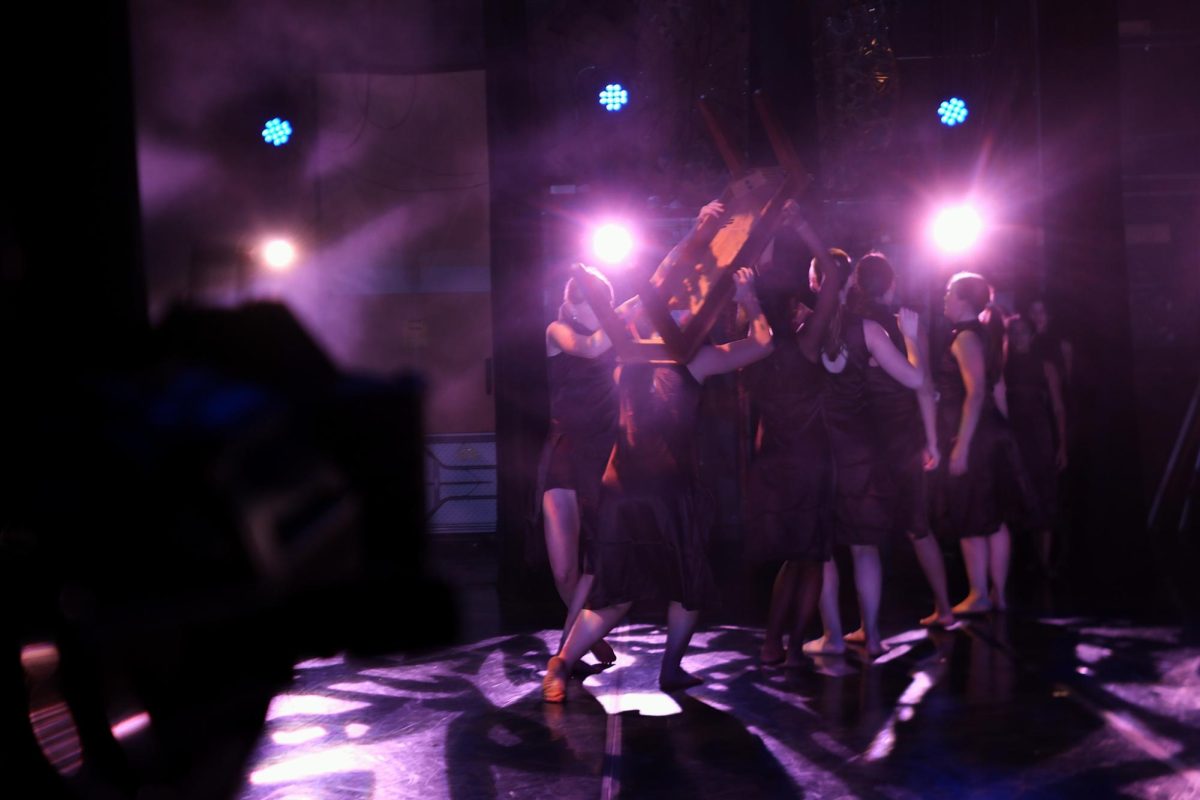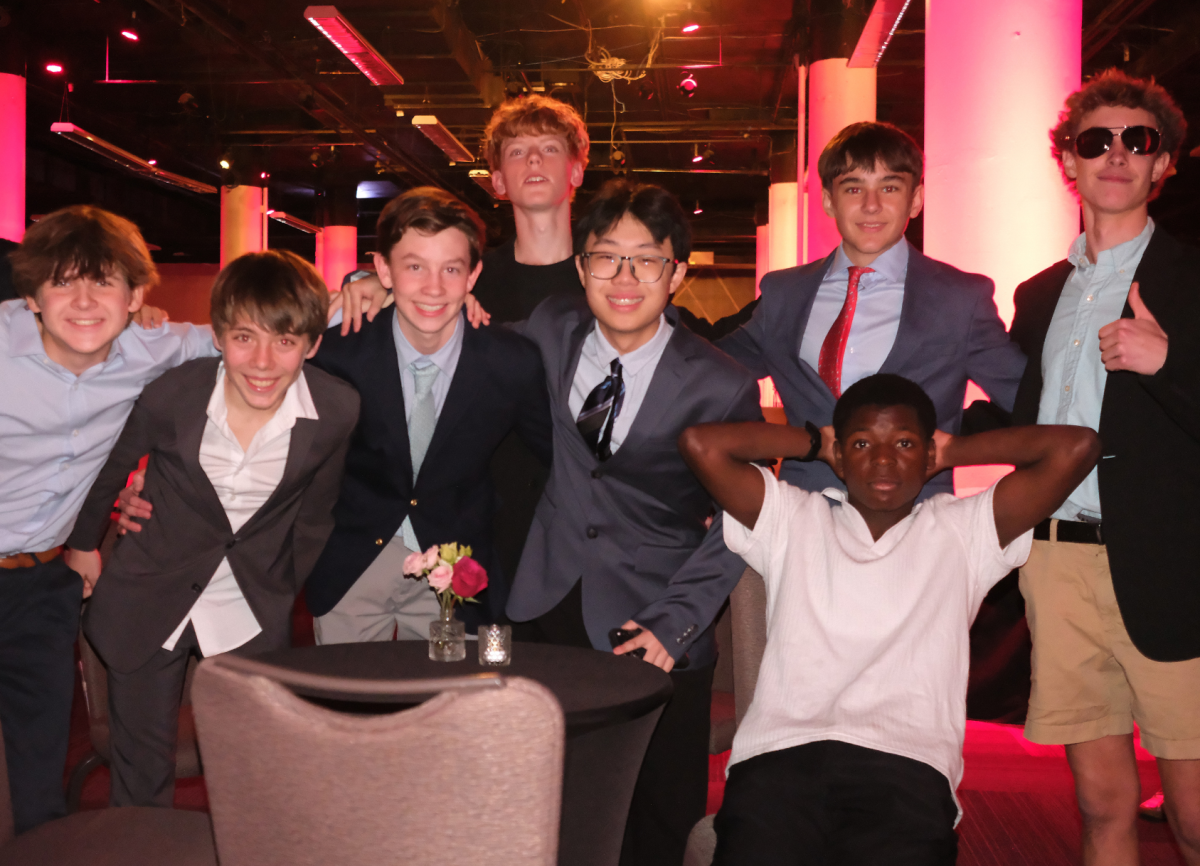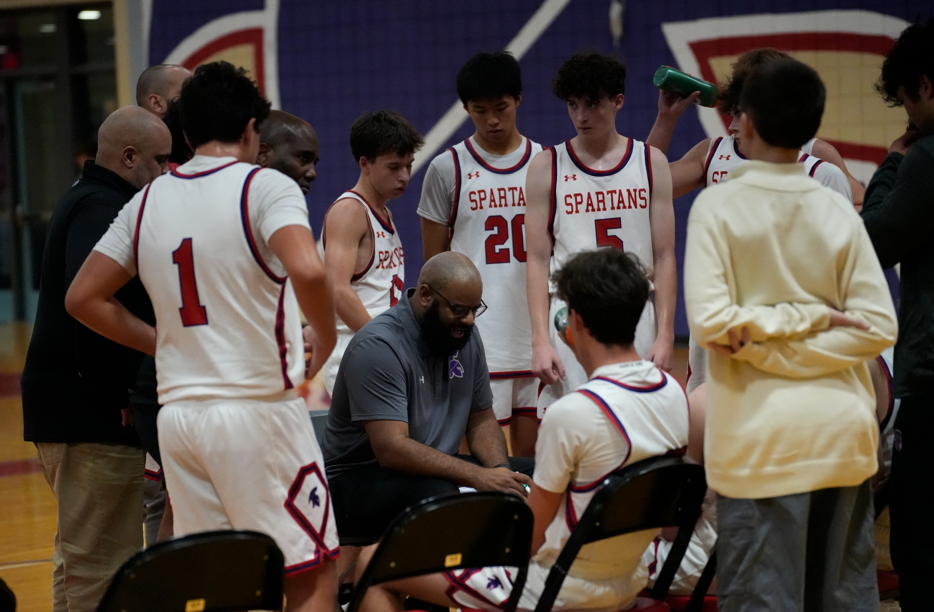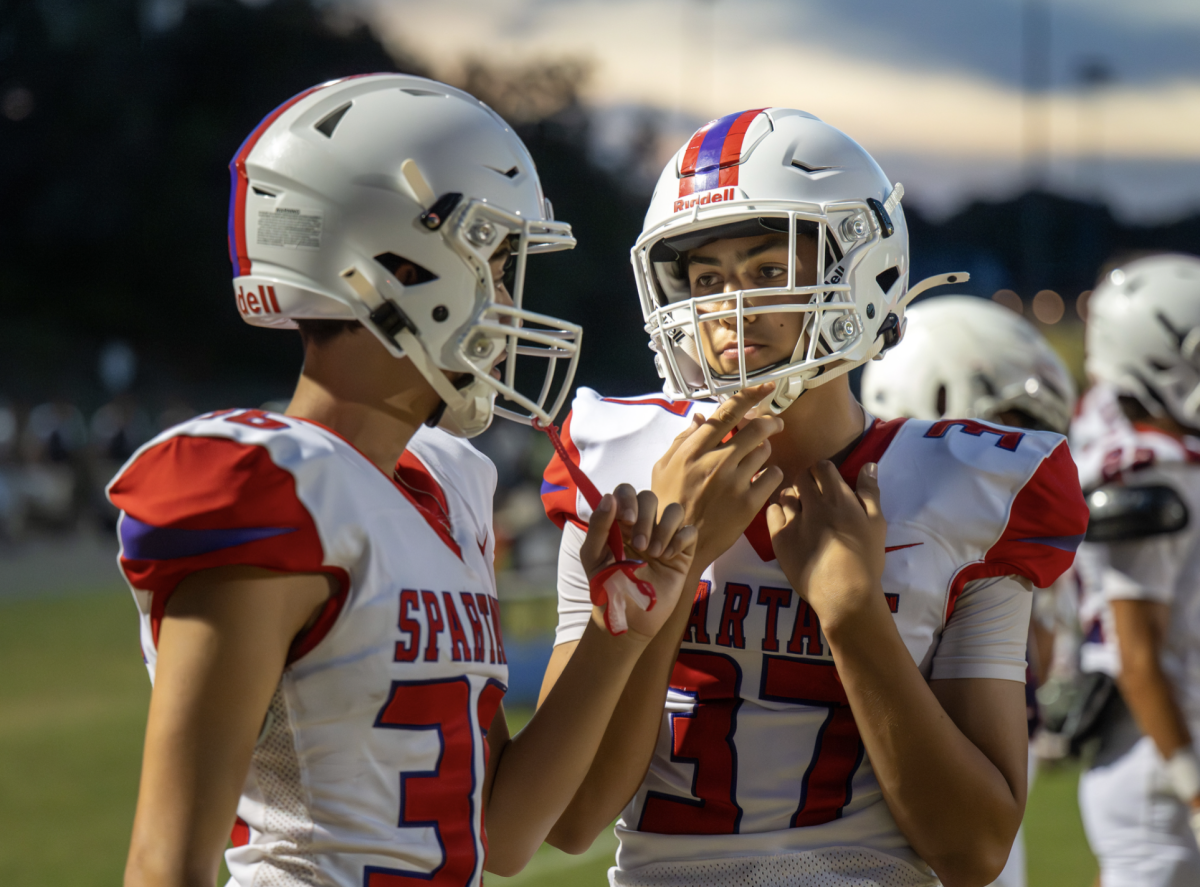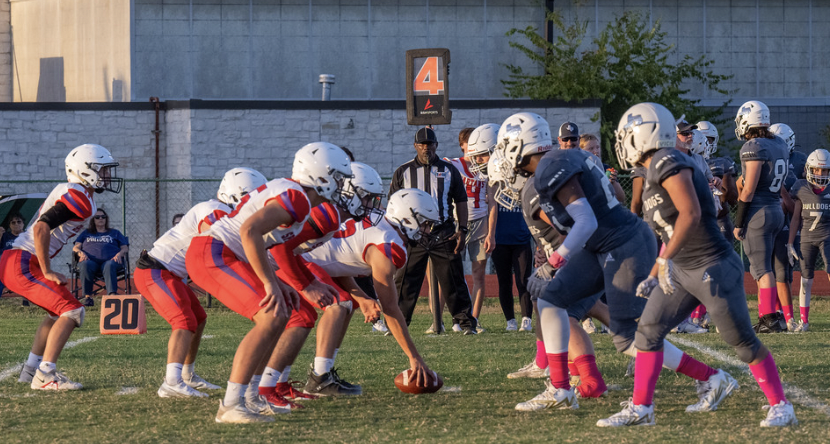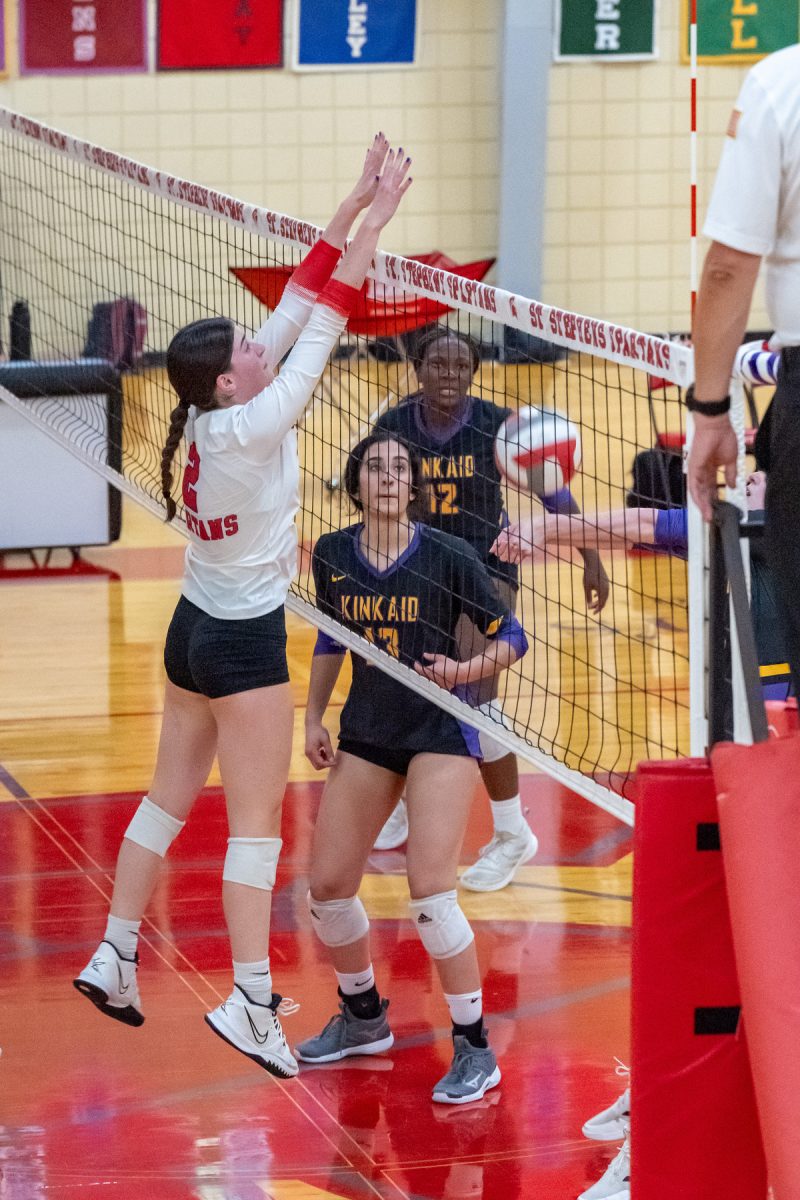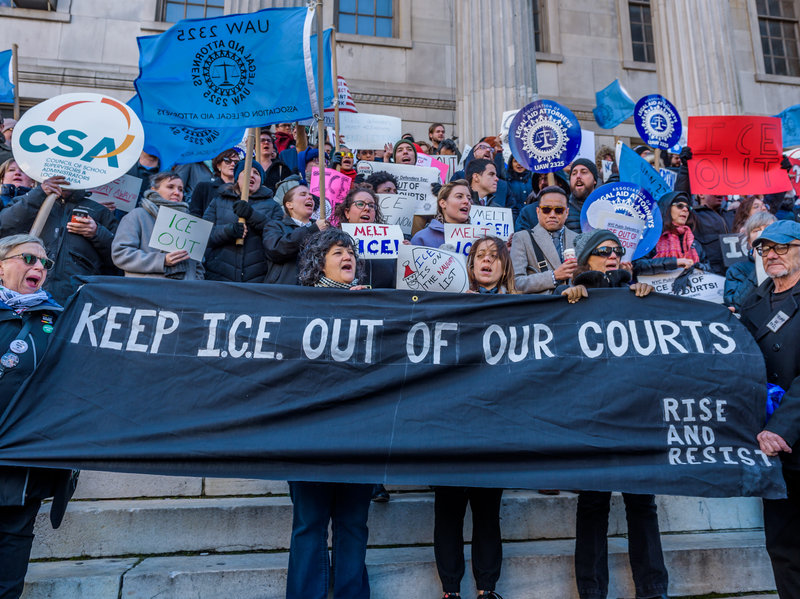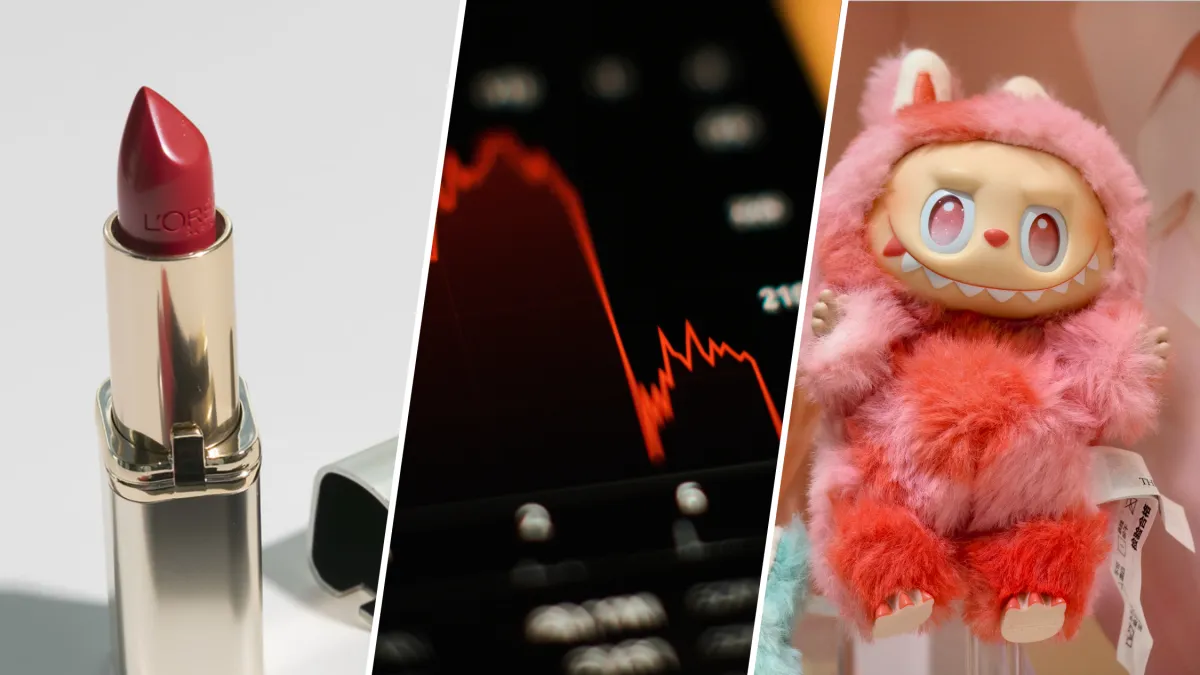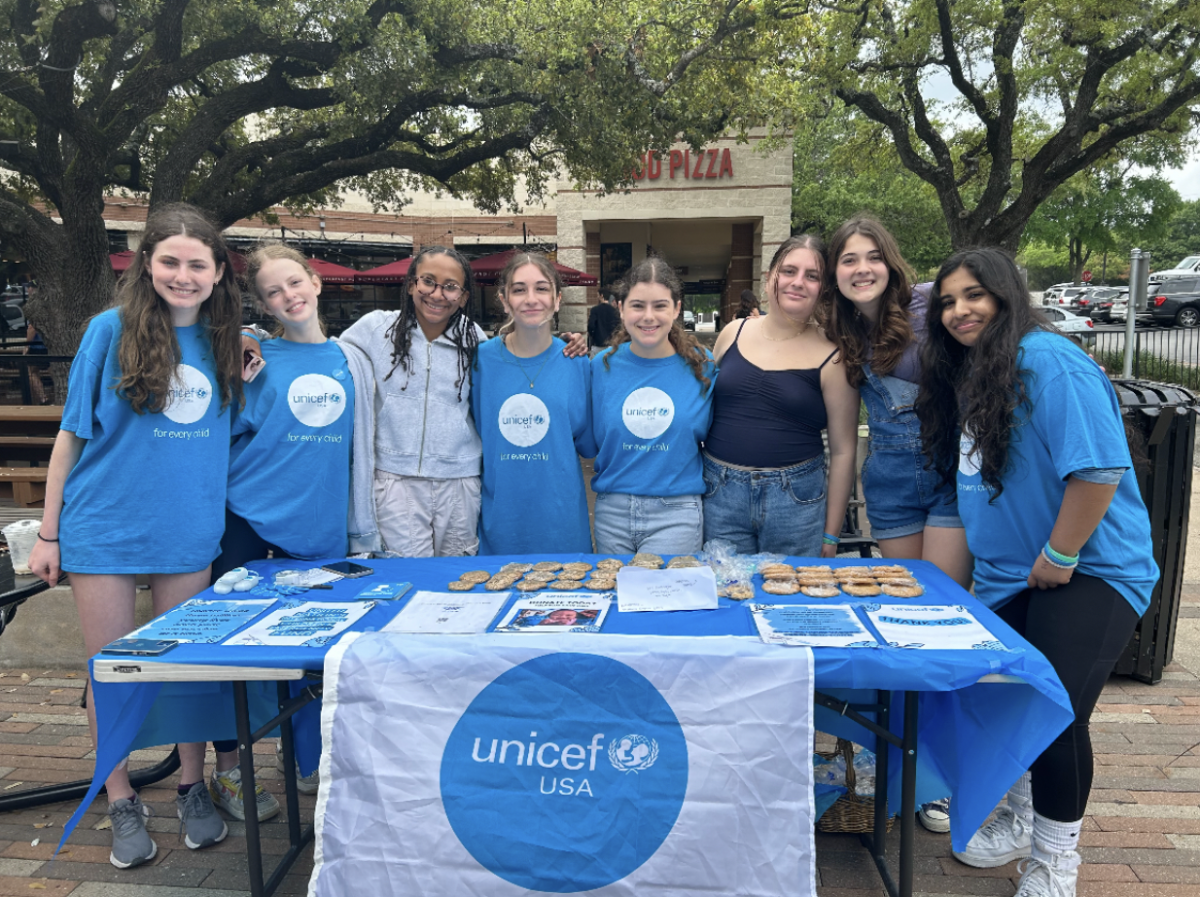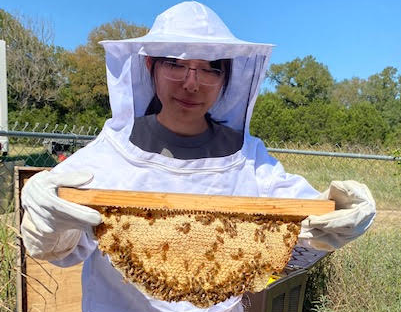
Henrietta Lacks. You might not have heard her name before, but she is the one responsible for the numerous medical advancements that have shaped the 21st century. Her cells, HeLa cells, have allowed for the polio, HPV, flu, and COVID-19 vaccines, as well as aided in cancer and stem cell research, to name a few examples. HeLa cells are and continue to be integral in medical research, letting us lead the healthy lives we have today. But why is Henrietta Lacks still so unknown? While studying cancer and cells in Mr. Mohlman’s Bio II class, we explored this question by watching the movie The Immortal Life of Henrietta Lacks, learning that behind science, themes of racial injustice and empathy are constantly at play and must be acknowledged.
So, to begin, who was Henrietta Lacks?
Lacks was a young African American woman who was diagnosed with an aggressive form of cervical cancer, dying a few months later in 1951 at only 31 years old. Cancer, in simple terms, refers to when your cells grow and divide abnormally, harming other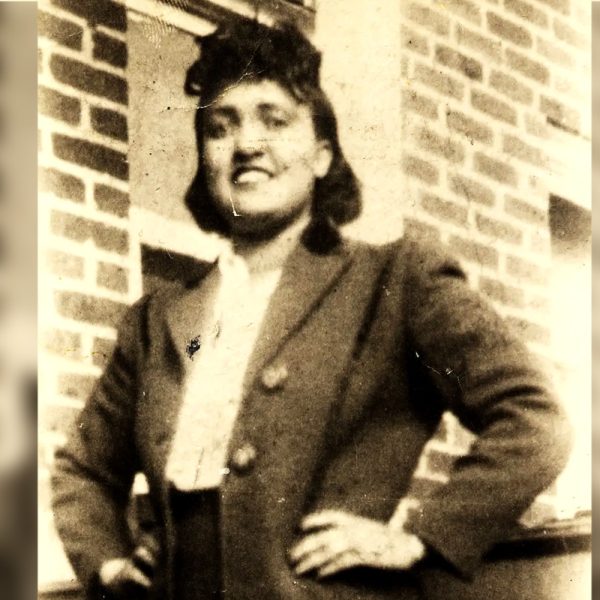 cells and surrounding tissues. What makes Henrietta’s case of cancer unique is the fact that her cells grew uncontrollably and without limit, and they continue to grow and divide independently today while preserved in labs across the world. Without going too much into the science behind this phenomenon, these cells are basically “immortal” due to a unique genetic mutation. Being one of a kind, Henrietta’s cells soon caught the attention of numerous scientists and researchers as they knew her cells were the key to unlocking a whole new world of medicine. Instead of working with her and her family to make the best use of her cells respectably, scientists at Johns Hopkins (where Henrietta sought treatment) manipulated her family out of gaining any benefits from the cell’s monetary success, and disassociated Henrietta’s name from her own cells; that’s why the cells are called HeLa cells. Newspapers credited ‘Helen Lane’ instead of Lacks, removing the African American narrative from the story and continuing the history of Black people being objectified and exploited in the medical field. Johns Hopkins, specifically, was known for experimenting on people of color, creating an environment of distrust among the African American community. It wasn’t until August 2023, decades after the matter, that the Lacks family received compensation and acknowledgment for Henrietta’s cells after settling with the biotech company Thermo-Fisher Scientific.
cells and surrounding tissues. What makes Henrietta’s case of cancer unique is the fact that her cells grew uncontrollably and without limit, and they continue to grow and divide independently today while preserved in labs across the world. Without going too much into the science behind this phenomenon, these cells are basically “immortal” due to a unique genetic mutation. Being one of a kind, Henrietta’s cells soon caught the attention of numerous scientists and researchers as they knew her cells were the key to unlocking a whole new world of medicine. Instead of working with her and her family to make the best use of her cells respectably, scientists at Johns Hopkins (where Henrietta sought treatment) manipulated her family out of gaining any benefits from the cell’s monetary success, and disassociated Henrietta’s name from her own cells; that’s why the cells are called HeLa cells. Newspapers credited ‘Helen Lane’ instead of Lacks, removing the African American narrative from the story and continuing the history of Black people being objectified and exploited in the medical field. Johns Hopkins, specifically, was known for experimenting on people of color, creating an environment of distrust among the African American community. It wasn’t until August 2023, decades after the matter, that the Lacks family received compensation and acknowledgment for Henrietta’s cells after settling with the biotech company Thermo-Fisher Scientific.

The movie The Immortal Life of Henrietta Lacks explores this tough story of racial injustice and is based on a book of the same name. This movie follows Henrietta’s daughter, Deborah “Dale”, as she works with a journalist, Rebecca Skloot, to uncover the secrets of her mom’s legacy and publish the true story to the world. As a class, we watched and took notes, and the whole experience was extremely eye-opening and emotional as we witnessed the Lacks family go through hardship after hardship, feeling as powerless as they were. Going into this movie, I had long been familiar with HeLa cells after having learned about them during a summer program. The dark truth behind these cells, however, was unknown to me and it was heartbreaking to learn. Despite this, the whole experience was extremely rewarding and is just one example of how it’s essential to discuss matters of social issues in a science class. Matters of racial injustice might seem out of place in a biology class, but our class has come to understand how society has warped scientific facts to create constraints; skin color, for instance, is purely based on the amount of melanin your cells are genetically told to make, yet an unfair racial hierarchy was created by falsely attributing various abilities to melanin concentration when the two have nothing in common.
When signing up for Bio II this year, I didn’t expect to gain a newer understanding of social justice issues within a subject I find fascinating, but I’m glad I did as it has inspired me to write this article and share her story. If you find yourself wanting to know more about Henrietta’s powerful story and what we learned about, I recommend watching or reading The Immortal Life of Henrietta Life (Trigger Warning: sexual assault, abuse) or striking up a conversation with Mr. Mohlman or anyone you know in his Bio II class! Even better, sign up for it yourself next year!

